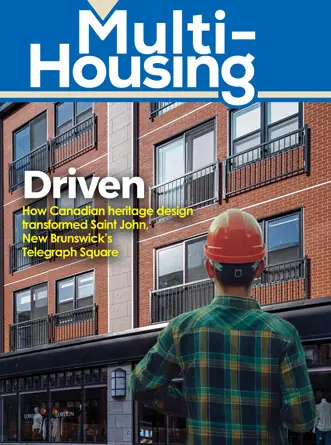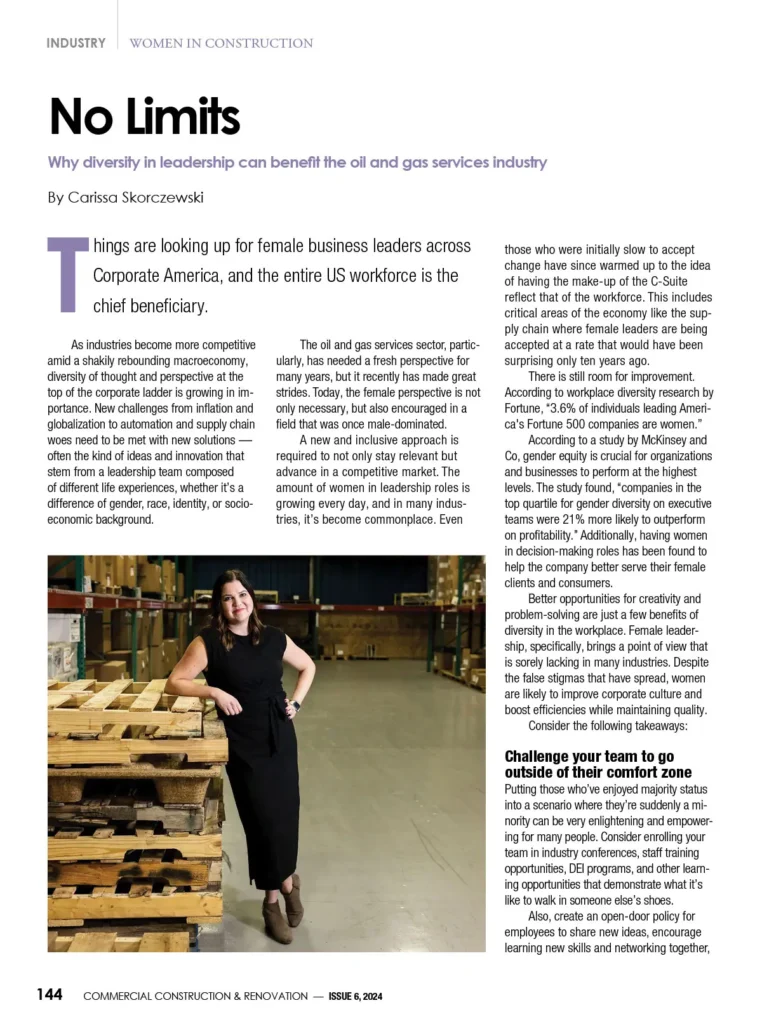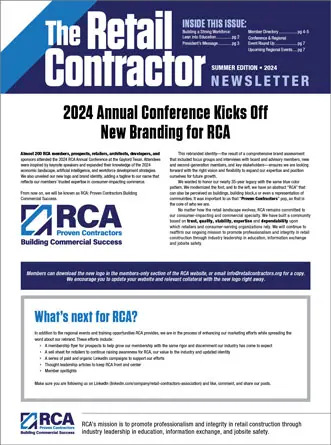Different equipment and tools used in construction require electric power in order to run. With that in mind, if there is a power outage or no access to the power grid at all, which is common in remote areas, these pieces of equipment will not be able to function impacting the workers’ job, unless you have a generator.
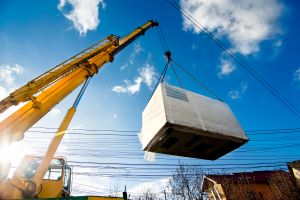
Generators, sometimes known as generator sets, are one of the most vital equipment on construction sites since they provide primary source of electricity for running other equipment. If you’ve decided to invest in a generator, keep in mind that not all generators are made equal. It means that while some can give you the best value for your money, others, cannot.
Thus, you need to research before making a purchase. To help you, here’s a list of factors consider when choosing a generator for construction.
- Type
There are different types of generators for construction and each of which has different purposes. Be sure to choose one that’s right for your need and job. Nevertheless, here are the options to choose from.
- Medium-Powered Generator
This type is ideal for smaller constructions like building a low-rise apartment, smaller roads, temporary construction jobs, and small houses. Even though the projects are small, there’s still a need for electric equipment and tools such as concrete mixers, circular saws, and tile cutters. So, if you’re going to use such tools, then getting a medium-powered generator is a good idea.
- High-Powered Generator
Unlike the medium-powered, a high-powered generator is suited for bigger construction sites since they are capable of producing enormous amounts of power. This type can power road laying equipment, earth moving equipment, and material handling machines.
- Standby Generator
If your existing power supply fails, a standby generator will come in handy. This type functions as a stop-gap plan when the primary power supply is being fixed or under maintenance.
- Portable Generator
Drawing power from a massive central generator is not easy considering that a construction site is spread out over a large area. As a result, some sites use different generators with different wattages, which are strategically positioned where electricity is required.
A portable generator can have wheels that are attached to it or are mounted on a base that has wheels allowing you to transport them from one place to another.
- Noise
Generators are known to give off a loud noise especially when in use. Some construction works are carried out in densely populated and highly urbanized areas. Such locations are bustling with all kinds of human activities, whether it is recreational, commercial, or residential. With this in mind, the level of noise at a construction site in certain areas should be minimized to avoid disturbing other people and nearby activities. So, make sure to get a generator for construction that only makes a modest degree of noise when working.
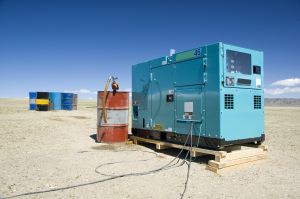
- Quality Of The Engine
If possible, go for a generator brand that has a strong reputation for engine efficiency and reliability. A generator with a fuel-efficient engine is cheaper to run and requires less refueling, leading to reduced downtime.
On the other hand, you should also assess the service history, warranty, and maintenance. Fuel gauges and clear hour meters come in handy as they’ll allow you to evaluate the running periods between the fuel consumption and fuel levels and maintenance. If there is a need of any replacement part like Seat Switch, you can find it online from reputed sellers.
- Type Of Fuel
Gas and diesel are the two common types of fuel used in generators. For generators used in construction, diesel is the most popular option. Because aside from being readily accessible on job sites as the majority of construction equipment uses diesel, it also has a long storage period and lower operating costs.
Using natural gas is also possible. Because, like diesel, it’s not expensive. Also, gas is a highly efficient fuel, leading to lower energy costs.
- Size
When you are working indoors or in a confined area, you must consider the size of the generator. You need to make sure that you can comfortably move it around the construction site.
However, if you require a large generator, it is preferable to get one with integrated wheel kits for ease of transportation. Alternatively, choose a generator with lifting eyes or a lifting hook so that the forklift can lift the equipment into place.
Conclusion
Whether you’re just starting construction project or you have completed 50 percent of the overall construction, it’s not too late to get a generator. By considering the factors mentioned above, you can rest assured that you’ll end up with a quality and reliable generator for construction. Hopefully, this article has helped you find the right generator that’ll suit your needs, construction projects, and of course, budget.







 The 2024 virtual Men’s Round Table will be held Q4, 2024, date TBD.
The 2024 virtual Men’s Round Table will be held Q4, 2024, date TBD.




